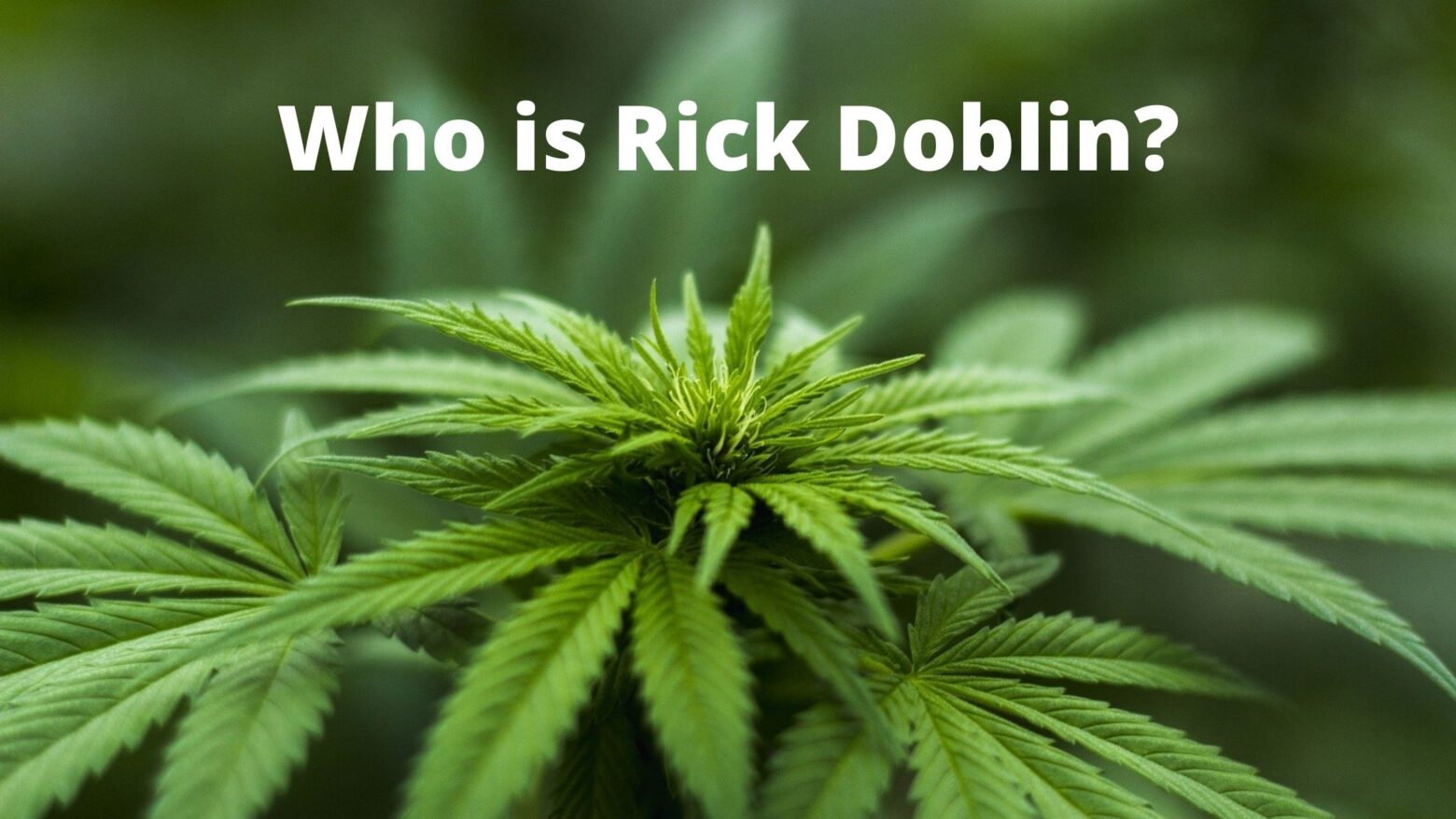About
Rick Doblin, Ph.D., is the Multidisciplinary Association for Psychedelic Studies‘ founder and executive director (MAPS). He earned his doctorate in public policy from Harvard’s Kennedy School of Government, where he wrote his dissertation on the regulation of the medical uses of psychedelics and marijuana, as well as his Master’s thesis on a survey of oncologists comparing smoked marijuana vs. the oral THC pill to control nausea in cancer patients. His bachelor thesis at New College of Florida was a 25-year follow-up to the classic Good Friday Experiment, in which psychedelic substances were tested for their ability to precipitate religious experiences.
Works
Rick carried out 34-year follow-up research on Timothy Leary’s Concord Prison Experiment. Rick trained with Dr. Stanislav Grof and was one of the first Holotropic Breathwork practitioners to be certified. His professional objective is to assist in the development of legal settings for the beneficial use of psychedelics and marijuana, particularly as prescription drugs, but also for the personal growth of otherwise healthy people and to eventually become legally registered psychedelic therapist. He established MAPS in 1986 and now lives in Boston with his wife and three children. He has co-authored the famous book named. “Manifesting Minds: A Review of Psychedelics in Science, Medicine, Sex, and Spirituality”.
Social Media
Read more about Rick Doblin here.
Inspiring Talks by Rick Doblin
Interview
Notable quotes
- “People tend to link “sex and drugs” because both are condemned by society. Nevertheless, throughout the ages, human beings have continually searched for more ecstasy, more sexual satisfaction, solutions to their sexual problems, and aphrodisiacs.”
- “The human psyche is not unitary; we all have different parts. This phenomenon is widely recognized, but in psychiatry, the terminology and theories about it are far from unified. Nevertheless, I think dissociation, parts, sub-personalities, selves, and complexes are all referring to the same or to the overlapping phenomenon.”
- “Psychedelics are not a substitute for faith. They are a door to authentic faith, born of encountering directly the sacred dimension of everyday experience. This is not the only gate to that discovery, but it is the most ancient and universal, and potentially the most accessible to the majority of the human race.”
- “My brief survey of stimulant aphrodisiacs would be incomplete were I to fail to include that most famous love drug of all time, chocolate or cacao, from the seeds of Theobroma cacao.”
- “The cultural integration of psychedelics won’t happen overnight, and the question of young people is perhaps the most difficult involved. The first step is for people who have knowledge of these substances to share it, “coming out” about their own experiences. Drug education should be honest and present a balanced picture of risks and benefits.”
- “Terence McKenna pointed out that “the profundity of [halluncinogenic inebriation] and its potential for a positive feedback into the process of reorganizing the personality should have long ago made psychedelics an indispensable tool for psychotherapy.”
- “It should come as no surprise to readers of the MAPS Bulletin that psychedelic plants are used as a sacrament by many native cultures all over the world. It may not be so obvious that these same plants are often incorporated into the coming-of-age ceremonies of these various societies.”
- “The question that we need to address is this: What relevance do these ancient traditions have to the experience of a modern adolescent growing up in the Western world? Rather than indulge in idle speculation, I have invited a number of young people to express their views on psychedelics and the effects these substances have had upon their lives and minds.”
- “We’ve been told that with regard to seduction, “candy is dandy, but liquor is quicker,” but in truth, rather, properly selected: “candy makes randy; liquor makes desire flicker”; or, as Shakespeare’s porter said to Macduff: “[drink] provokes the desire but it takes away the performance.” The wines and beers of antiquity, however, which were potent infusions of innumerable psychoactive plants, often requiring dilution with water and in which alcohol served rather as preservative then inebriating active principle.”
- “If we recognize the power of entheogenic substances to open us to the universal truth and full dimension of human experience, and if we accept the role of the shaman as hierophant and psychopomp into this realm, as enacted for example by the Huichol mara’akame, we have to conclude that today in Western society we are deprived of two key resources for complete human growth. Young people, in their hunger for meaning, will still gravitate toward entheogens. The more experienced among us may try to ease their journey, but in the absence of qualified guides not all will benefit from their experience.”
